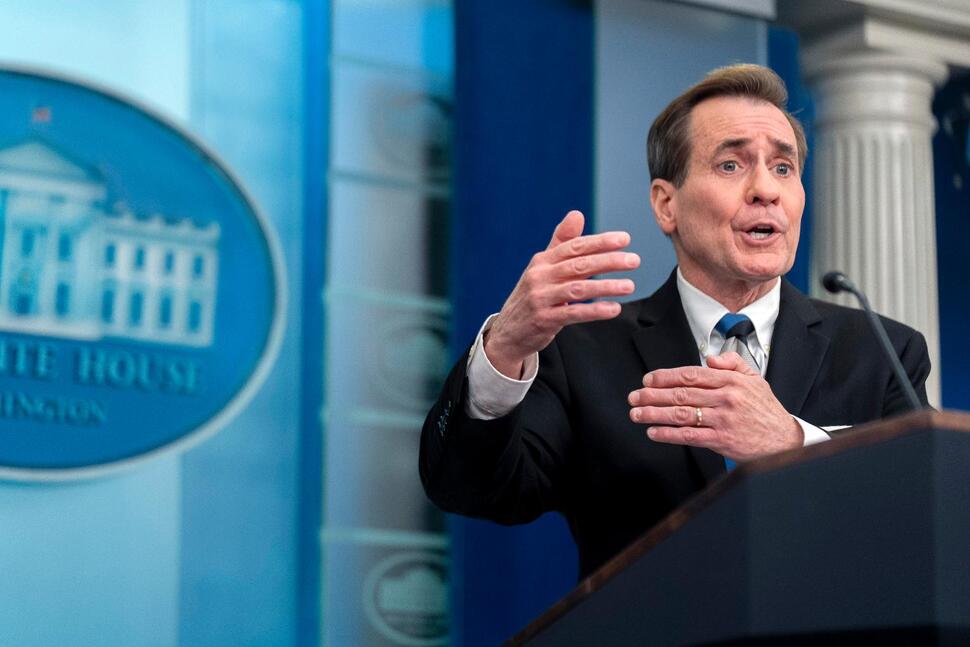The White House publicly confirmed on Thursday that Russia has obtained an emerging anti-satellite weapon, raising concerns about its implications for international security.
While the weapon is not operational currently and does not pose an immediate physical threat on Earth, its capabilities have drawn attention from U.S. officials.
White House national security spokesman John Kirby stated that U.S. intelligence agencies have gathered information on Russia’s acquisition of this technology, emphasizing that it is space-based and would breach the international Outer Space Treaty. Kirby underscored that although the weapon may not directly target human beings or cause physical destruction on Earth, its potential for disruption cannot be overlooked.
“This is not an active capability that’s been deployed…we’re not talking about a weapon that can be used to attack human beings or cause physical destruction here on Earth,” Kirby assured.
The confirmation came after a warning from Ohio Rep. Mike Turner, the Republican head of the House Intelligence Committee, who urged the Biden administration to declassify information regarding the threat, which he deemed a serious national security concern.
Reacting to the White House’s confirmation, Kremlin spokesperson Dmitry Peskov dismissed the claims, alleging that they were aimed at swaying the U.S. Congress to support aid for Ukraine.
However, the White House remains resolute in addressing the issue diplomatically. Kirby mentioned that the U.S. would engage directly with Russian authorities on the matter while continuing consultations with allies and partners.
Following a briefing with White House national security adviser Jake Sullivan, lawmakers expressed their support for the administration’s efforts in dealing with the threat. Republican House Speaker Mike Johnson stressed the need for immediate action, emphasizing that the issue cannot be delayed.
Despite the seriousness of the matter, there has been criticism regarding the public disclosure of the threat. Some far-right members of Congress, including allies of former President Donald Trump, have suggested ulterior motives behind the timing of the revelation, while others defended the transparency in sharing such critical information with the public.
Rep. Dan Crenshaw, a Texas Republican and Navy veteran, highlighted the public’s interest in knowing about potential threats, supporting Rep. Turner’s decision to make the information available.
“We make decisions about how and when to publicly disclose intelligence in a careful, deliberate, and strategic way,” Kirby affirmed, emphasizing the administration’s commitment to keeping the public and lawmakers informed about matters of national security.



